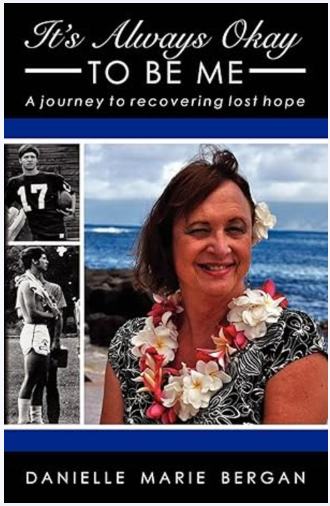Last July, a Seaside teenager was enjoying his last summer as a high schooler and considering his postgrad plans. At the time, he’d already been taking testosterone for nearly four years, responsible for lowering his voice and giving him a beard; many fellow students don’t know the now-17-year-old is transgender.
He decided to continue his transition by getting a hysterectomy. “It would make me feel happier with my body,” he says. “More in tune with myself.” (The Weekly has agreed to use a pseudonym in order to protect the teen’s privacy.)
After consulting with a gynecologist, though, Carlo learned his insurance wouldn’t cover the surgery. His initial claims for a consultation and an appointment with his pediatrician were rejected, leaving his parents to pay over $500 in out-of-pocket costs.
Last October, a Yuba College professor successfully challenged his school insurance group’s transgender care exclusion. There, ACLU lawyer Elizabeth Gil argued that because the group serves public institutions, it is bound by California employment law, which prohibits discrimination based on gender identity. Gil hopes the MCSIG case ends similarly.
“It’s no different than saying any other protected category can’t get health care, like saying people who use wheelchairs are just not covered,” Gil says.
Michael Larson, MCSIG’s executive director, disagrees. “There’s no mandatory requirement to provide the surgeries that are being requested,” he says. “We’re wanting to do the right thing.”
Larson says the board will discuss removing the ban at its next meeting in March, but any change in policy would probably be delayed until new rates are set this fall. He estimates removing the exclusion would increase MCSIG’s costs as much as $2.4 million in the first year.
Gil says that argument doesn’t align with the evidence. “There’s plenty of data out there that [shows] covering health care for transgender people doesn’t cost more money, and that excluding trans people from health care altogether is probably going to cost more money in the long run,” she says.
On Feb. 3, Diven sent Larson and Salinas Union High School District letters demanding the ban be removed. If it isn’t, she says, the family may sue.
Carlo’s mother says the family doesn’t plan on backing down: “When you’re in a position of privilege where you can fight back, you have to. There are a lot of people negatively impacted who don’t have the privilege to be able to wage the fight.”
Carlo’s mom is a teacher at Salinas High School, and her health insurance provider is the Municipalities, Colleges, Schools, Insurance Group. It’s an insurance group for dozens of public agencies, including the city of Seaside and Cuesta College, serving about 15,000 people.
MCSIG covered Carlo’s testosterone since he moved to Seaside. But after his request for surgery was denied, his mom found an exclusion in their plan for any treatment related to gender transition.
“What MCSIG is doing is blatantly illegal,” says Laura Diven, an attorney at nonprofit California Rural Legal Assistance, who is working with Carlo’s family. But the way MCSIG is structured, she says, has made the case “incredibly complex.”
The plans MCSIG offers are self-funded, meaning rather than being part of a larger risk pool, the group itself pays for employees’ health care. Trans care exclusions are illegal under California insurance law. But self-funded plans are subject only to federal regulations, which don’t expressly protect trans patients.


